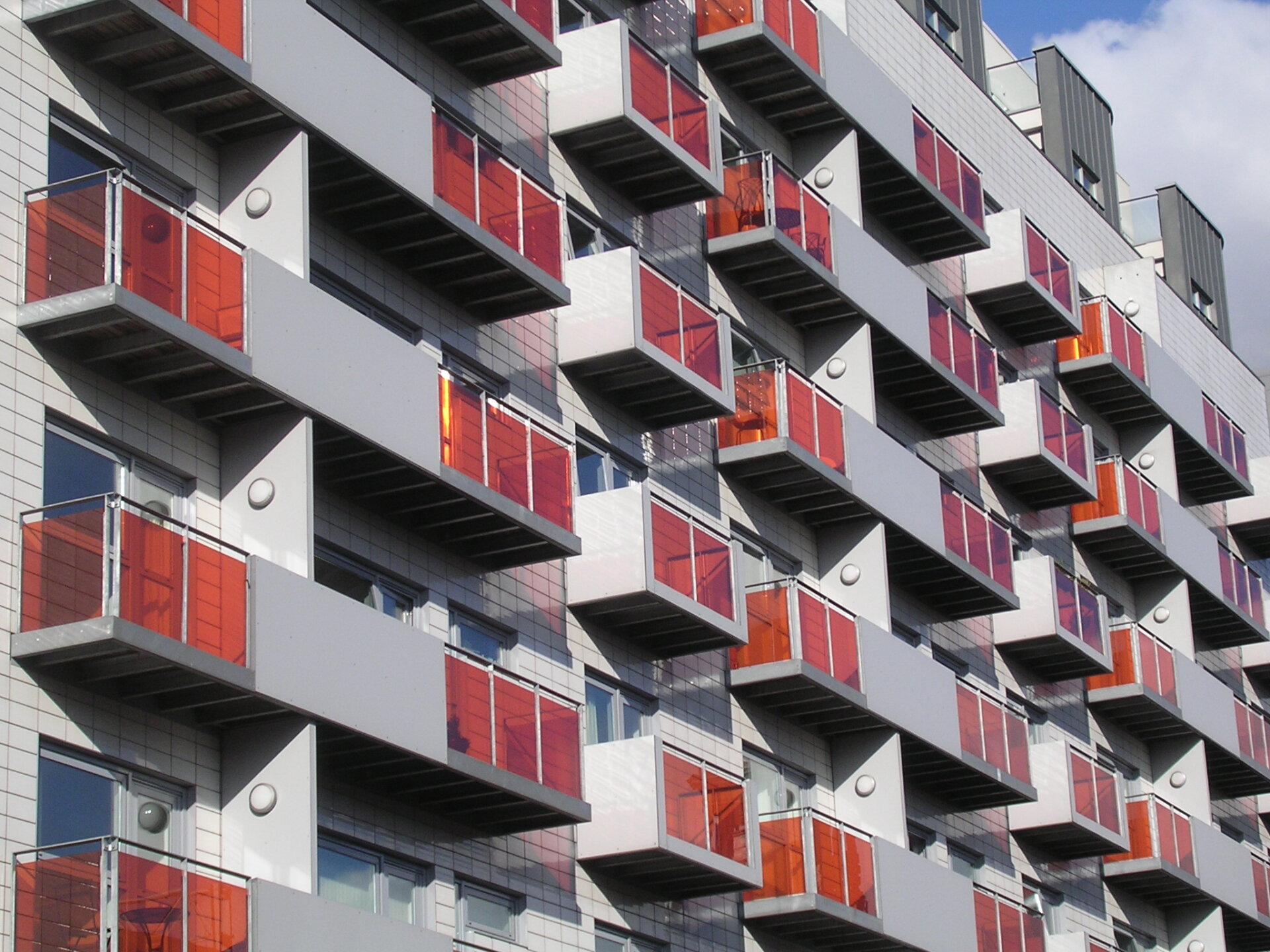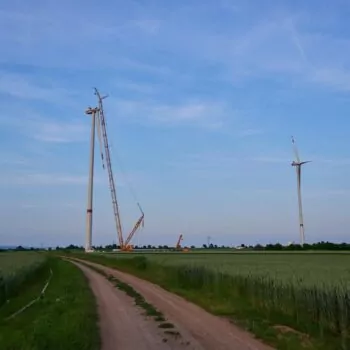UK Government’s new tax relief for companies that invest in oil and gas production could have insulated two million homes, according to new research from independent climate change think tank E3G.
Story
New research by independent climate think tank E3G explores the dangers of tax relief for oil and gas development. The new measures, announced last week, commit the government to a subsidy of up to £5.7bn for investment in oil and gas in the next three years. This lost revenue could have instead supercharged an energy efficiency drive, insulating two million British homes over the same period, with an average bill saving of £342 per household every year.
By introducing additional tax relief limited to oil and gas investment, Treasury incentivises a slower transition and pushes companies to allocate profits towards new oil and gas developments instead of renewables. If this revenue had instead been spent on supporting energy efficiency measures it would have the potential to lift households out of energy poverty for good.
Energy efficiency was absent from the Chancellor’s emergency support package announcement, meaning UK households’ long-term reliance on gas will remain. Without action, household bills will be set to remain high for the foreseeable future
Euan Graham, Senior Researcher at E3G said:
“New tax relief on oil and gas investment gives companies handouts for undermining our climate safety. The Government could have used this “lost revenue” to supercharge an energy efficiency drive that brings household bills down once and for all. Instead, it pushes for profits to be spent on new oil and gas projects. This is the opposite of what’s needed if we want to end our reliance on expensive gas.”
Simon Francis, co-ordinator of the End Fuel Poverty Coalition, commented:
“The only long-term solution to fuel poverty is improving the energy efficiency of our homes and a move towards a renewable led secure energy supply. Sadly, recent government announcements have been neutral on energy efficiency and this research shows they are now in reverse gear on a just transition away from fossil fuels.”
Available for comment
Euan Graham is available for commentary – please contact them directly:
+44 (0) 7879 384 555, euan.graham@e3g.org
Notes to Editors
- E3G is an independent climate change think tank with a global outlook. We work on the frontier of the climate landscape, tackling the barriers and advancing the solutions to a safe climate. Our goal is to translate climate politics, economics and policies into action. About – E3G
- HMT factsheet on Energy Profits Levy outlines new tax relief of 20p for each £1 of investment in oil and gas production, and an additional 25p if that £1 of investment is in a new field in its first year of development. Using data from Offshore Energies UK economic report, E3G assumes £12.4bn investment in the UK Continental Shelf over the next three years. Depending on investment profiles and the share of investment in new fields, this would correspond to a minimum of £2.5bn and up to £5.7bn in new tax relief for oil and gas producers. Energy efficiency statistics are based on the rollout of the proposed ECO+ scheme. ECO+ scheme is designed to cost an extra £1bn annually, and if focused on low-cost insulations would enable the insulation of 702,000 homes per year. Under October price cap, it would yield average annual household bill savings of £342. Over 3 years, 2.1 million homes could be insulated at a cost of £3bn.


